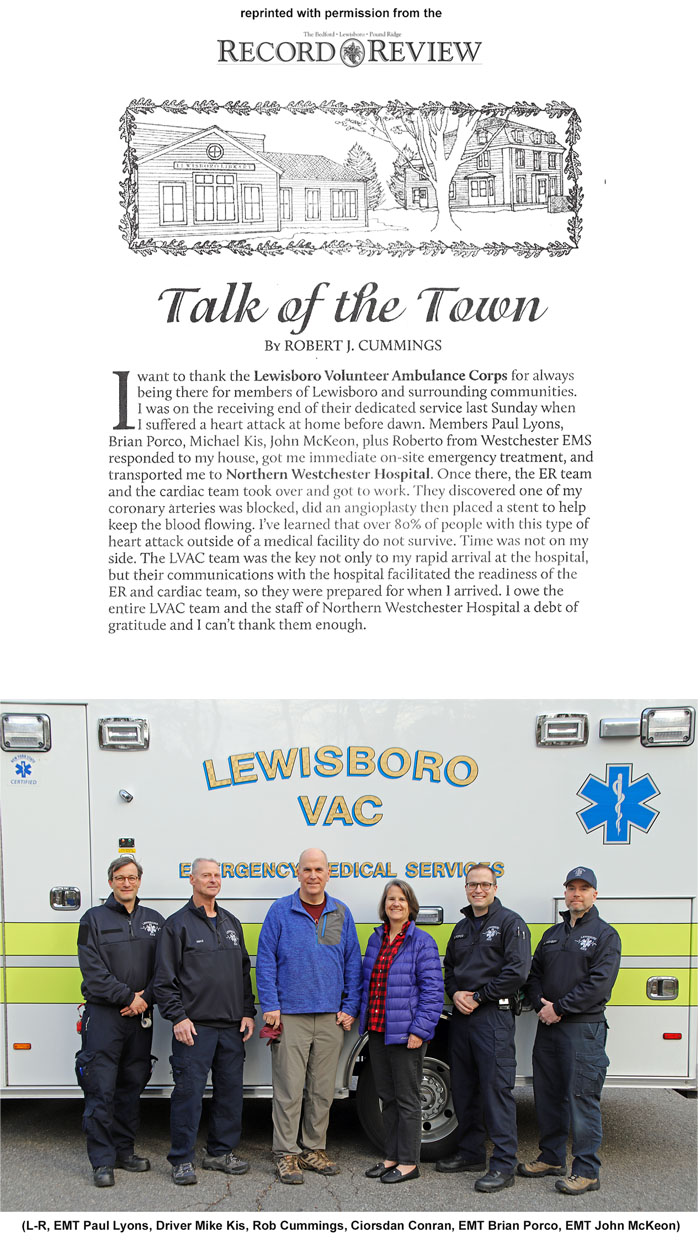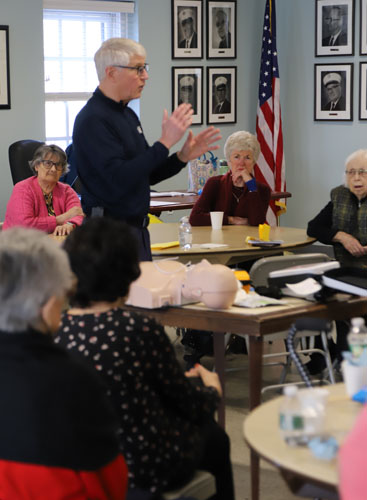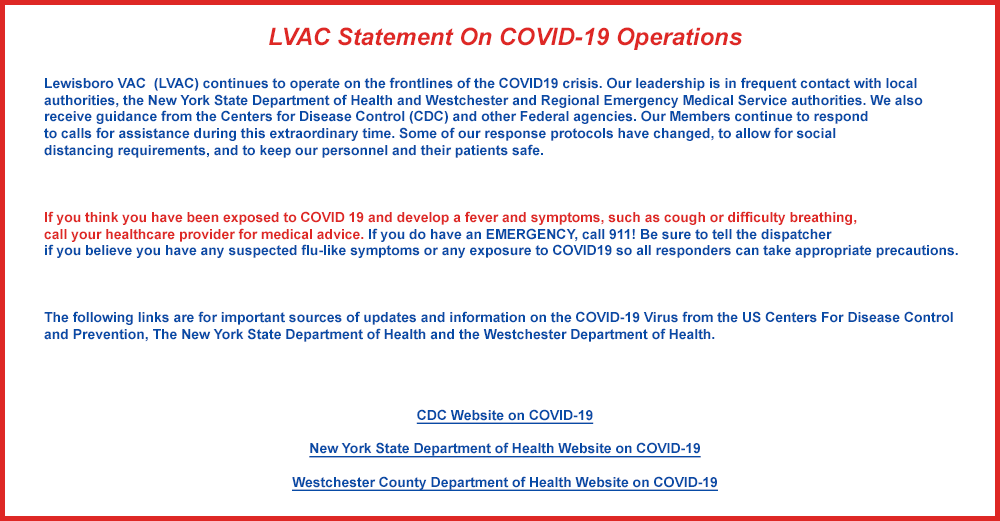


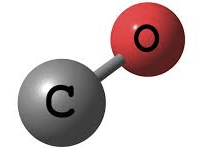 All too often at this time
of year emergency services first responders hear reports of carbon
monoxide alarm activations on their emergency dispatch pagers
and scanners. Fortunately, the alarm has given the occupants
of the home or business a fighting chance of survival. Carbon
monoxide (CO) is one of the deadliest and most frequently reported
forms of poisoning in the United States each year. While a year-round problem,
there is an increased risk of dying from CO poisoning in the
winter months when heaters, fireplaces, wood stoves and propane
gas are in use. Most carbon monoxide poisonings occur in the
home. People sleeping in basement areas are often right next
to the oil burner or other sources of heat. People should never
use a kitchen range or stove to heat their living space. A professional
should inspect heating equipment each year, and every house should
be equipped with a smoke detector and a carbon monoxide alarm.
Other sources are exhaust from cars and trucks, small gasoline
engines, lanterns and charcoal or wood burning stoves and fireplaces.
Power outages are a time of increased risk, as people resort
to the use of kerosene space heaters, fireplaces and gas ranges
to heat their homes. People who are sleeping or intoxicated can
die from CO poisoning before ever experiencing symptoms. The effects of CO exposure
can vary greatly from person to person depending on age, overall
health and the concentration and length of exposure. Although
high levels of the gas can be fatal to anyone, infants, pregnant
women, and older people or those who suffer from physical conditions
that make it hard to breathe are even more susceptible. CO poisoning
during pregnancy is a particular danger as the developing fetal
hemoglobin has a much greater affinity for oxygen compared to
adults and is more susceptible to CO poisoning. As well, our
firefighters, who are directly exposed to CO during structure
fires, apparatus fumes and closed space rescues are especially
vulnerable.
  Respiratory syncytial virus, commonly called RSV, usually affects very young children in the winter months, and can even be seen in warmer months. In a recent article published
in the EMS 1 Daily Newsletter, infectious disease specialist
Priya Soni, MD, an assistant professor at Cedars-Sinai Medical
Center, noted that out-of-season surges of RSV identified in
California and across the country earlier this year could be
attributed to last year's pandemic restrictions, which prevented
infants and children from being as exposed to the virus as they
normally would be. Q: WHAT IS RSV AND HOW COMMON IS IT? Dr. Soni: RSV is a common childhood respiratory virus that mostly afflicts young children, often under the age of 5. The virus can give children a cough and a fever and sometimes wheezing. These symptoms usually crop up in stages. Some of the youngest afflicted with RSV can just show poor feeding, irritability and breathing difficulties. While it is most often treated at home, severe cases can land children in the hospital. In the United States, RSV is responsible for 58,000 hospitalizations a year. IS RSV BEING CONFUSED WITH COVID-19? Dr. Soni: RSV manifests similarly to COVID-19, so while parents might think of COVID-19 first, it is important for them to know that RSV is also circulating now. In addition to the common fever and cough symptoms, there are some differentiating symptoms. For example, we know that COVID-19 often presents with unique symptoms, such as loss of taste and smell, fatigue and muscle aches. This is not so common with RSV. There is a reliable test for RSV, an antigen-based test as well as a PCR test. Unfortunately, although it's rare, co-infection is a possibility. HOW IS RSV TREATED? Dr. Soni: The treatment is supportive measures. That includes managing fever, hydration and, in small babies, suctioning of the nasal secretions so they can breathe better is very important. We often encourage the use of a humidifier at home. In severe cases, some children and infants do require hospitalization for oxygen support and on rare occasion, have to be placed on ventilators. Usually these are infants born prematurely or with chronic lung disease or other preexisting conditions, like congenital cardiac defects. There is a monoclonal antibody medication available that is used as a protection for these vulnerable patients. ARE THERE ANY PREVENTIVE MEASURES? Dr. Soni: The main thing parents can do is continue to be vigilant about hygiene for themselves and their children. That means encouraging handwashing, especially after interacting with other children, and mask-wearing, when possible, particularly in indoor settings. As with all respiratory infections, it is always a good idea to cover coughs and sneezes with a tissue or upper shirtsleeve instead of your hands.
Always contact your healthcare provider or go to the emergency department if your child has breathing problems, high fever or you are concerned about any of your or your child's symptoms.   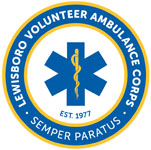 To Have their own File of Life Medical emergencies can happen anytime. When they do, there can be confusion, panic and urgency. Lewisboro Volunteer Ambulance Corps (LVAC) EMTs along with Westchester EMS Paramedics arrive on the scene with no information about the person in need. Seconds count - they can make the difference between life and death. Does the patient have prior medical conditions? Allergies? What medications are they taking? Who do they want us to call? How do we contact their family or friends? File of Life puts these answers at their fingertips. It allows first responders to immediately begin the best possible treatment, notify loved ones, and pass this vital data on to awaiting physicians at the emergency room. File of Life has already been instrumental in saving thousands of lives across the Country. It is an absolute asset to emergency preparedness, and peace of mind, for every household in our community. LVAC's initiative is supported by the Lewisboro Lions Club who have donated $500 to offset the cost of purchasing the File of Life packets. The mission of the Lewisboro Lions is to empower its dedicated volunteers to improve the lives of those who live and work in our Town. Lewisboro's Lions Club is one of more than 45,000 clubs in more than 200 countries worldwide. The File of Life is a refrigerator magnet with an attached red plastic pocket labeled "FILE OF LIFE". In the plastic pocket is a tri-fold card on which you can record your vital emergency information. Fill in the information on the card. Remember, the information will help first responders to better assist you in an emergency. The File of Life program believes that everyone should receive prompt, quality medical care, especially when it matters most - in an emergency. It is designed to make the difference between life and death by providing absolutely vital information to first responders. The File of Life format is designed to be easy for patients to use and immediately recognized by local EMTs, police and fire departments nationwide. Together, we can improve emergency medical care, provide peace of mind for the most vulnerable individuals and their loved ones, and save countless lives.  In 2024, LVAC completed its 48th year of serving the Town of Lewisboro, providing the 24/7, year-round emergency medical services the Town of Lewisboro relies on us for. As always, WE NEED NEW MEMBERS!! You can visit the Volunteer page of this website to learn more about the Corps, how to join, or make a tax-deductible donation. LVAC receives no funding from any portion of our Town taxes and relies on donations and some insurance recovery to fund our operations.  DON'T DIE OF DOUBT! 
 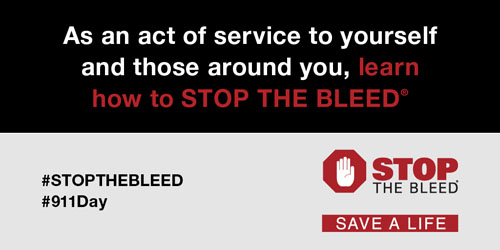 On the anniversary of 9/11, LVAC encourages you to honor the victims and emergency responders by doing a good deed. As an act of service to yourself and those around you, learn how to #STOPTHEBLEED. You could save a life.  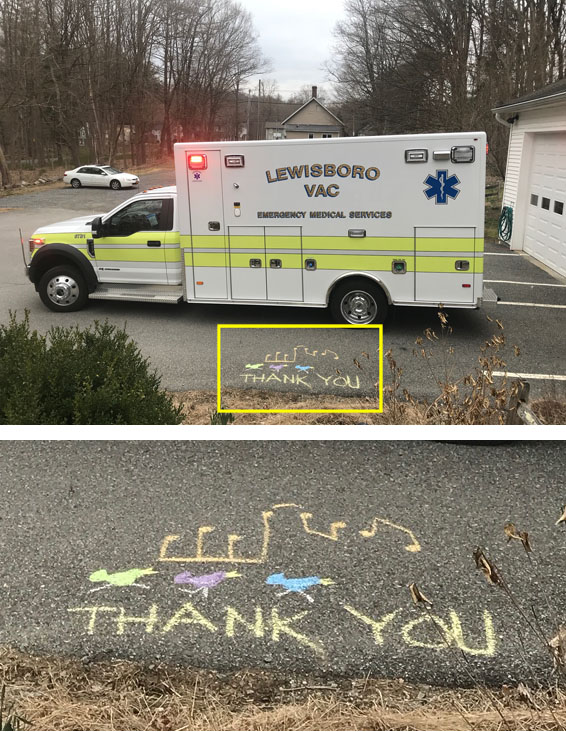   |









